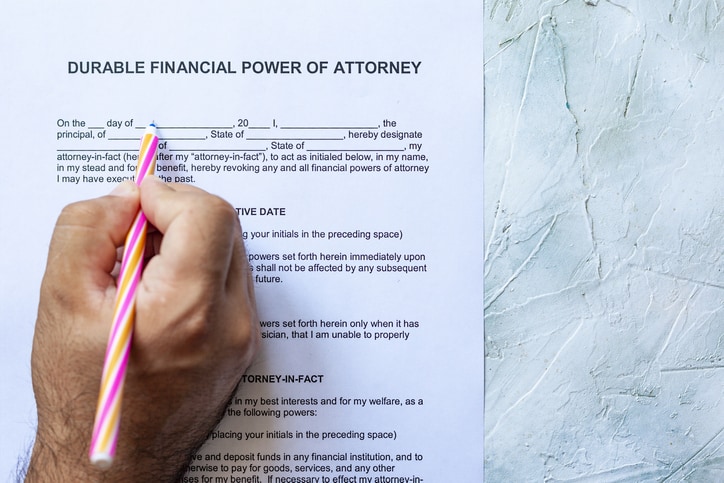When the iconic singer passed away recently, Aretha Franklin’s estate plan had a few surprises – starting with the fact that it didn’t exist, causing a lot of questions to quickly surface in the days after her funeral.
Dying Intestate And Its Implications
Franklin died “intestate,” or without having a will. That opens a number of questions, starting with who are the heirs? Who are the family members that will then have an interest in her estate?
Since Franklin did not specify individuals that she wanted to transfer her estate to, the law will have a formula that prescribes who is entitled to receive assets and who is not. But others may claim to have an interest, increasing the time and cost to get her affairs settled.
Who is the executor going to be?
Franklin did not nominate anybody who she thought would be a good candidate to administer what is in the estate or who can identify the assets and any bills that need to be paid. This opens the door to people without a close connection to Franklin seeking appointment as executor, sometimes for their own reasons.
Don’t make the assumption that the closest family member or any interested family member is going to necessarily be the person best equipped to handle the executor role either. It should be a person who has the best grasp of the decedent’s assets and liabilities. That may be a family member, but does not have to be. In the case of Franklin, an accomplished performer and famous individual, there’s going to be a lot to account for.
What are the assets that are part of the estate?
In the absence of an estate plan, it is likely that the assets and accounts are not going to be clearly identified. The person who is ultimately appointed as executor is going to have to identify the financial accounts, real estate, royalties from recordings and performances, digital assets, and any income from online distribution of music and videos.
Since Franklin took no other steps in her estate planning, the proceedings to settle her estate become a matter of public record. Due to her notoriety, her estate may be exposed to a greater number of contests from people trying to get a bigger piece of the total estate. As you can imagine, so much of this could have been potentially avoided with a comprehensive estate plan.
Is this predicament specific to famous people?
No. This happens all the time in families every day. Only because Franklin was a public figure does it seem like the situation is unique to her, but unfortunately, it’s not. People try to maximize whatever they think they can get out of an estate. In their case, just as for Aretha Franklin’s family, having an estate plan may have avoided such headaches or her family.
Ultimately, it was Aretha Franklin’s responsibility to put an estate plan in place. She would have had the flexibility to design it as she sought fit, and was not required to seek her family’s approval.
Usually not having an estate plan increases, rather than decreases, the potential for disagreement among family members. You do not solve anything by not making a decision on your estate plan, even if the dynamics of a family mean that every decision has an imperfection.
One Door Closes, Another One Opens
Sometimes a disagreement opens another door to opportunity. For example, if a particular asset is a source of disagreement, sometimes it can be conveyed to a charity instead, thereby eliminating the source of disagreement while simultaneously contributing to the betterment of the community. In some cases of larger gifts, it may create a tax benefit to the estate as well.
There may be a potential win-win at the end of all this complexity – a benefit for the family and a benefit for a charity. Talking through these possibilities with an estate planner may actually yield some solutions that weren’t necessarily apparent before.
Talk with an estate planning attorney at Windy City Legal today about how our approach can address some essential questions you’re facing today and provide a solid foundation for the future.











